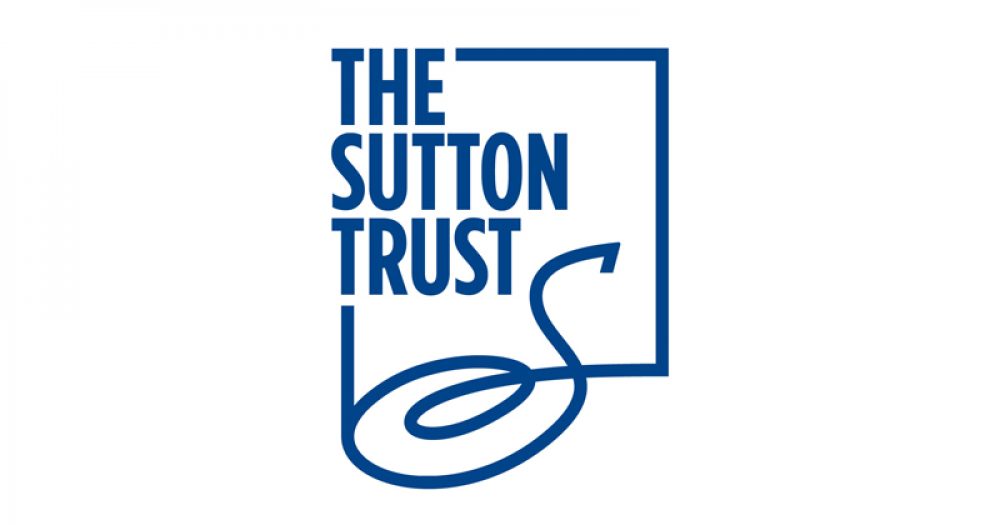Poorer pupils are missing out on music and sports clubs because they have to spend more time trying to improve their maths and English, the Sutton Trust has found.
On average, year 11 pupils in England spend nine and a half hours per week on additional tuition, including activities outside the normal school timetable provided by the school, family or private tutors, according to the research paper ‘Extra Time’.
But pupils from disadvantaged backgrounds focus this additional time “on traditional academic subjects such as English, science and mathematics”, according to by Dr John Jerrim of the UCL Institute of Education, while their more advantaged peers opt for “music, sport and foreign languages”.
Dr Jerrim notes this is probably because “poorer pupils are also lower achieving” in core subjects and need the extra time “to try and gain a C grade at GCSE”.
Less advantaged pupils “typically spend 30 to 45 minutes more on additional instruction per week” in the core subjects than the most advantaged pupils, he found.
Data from a poll by the Sutton Trust has also revealed that lower-achieving pupils and those eligible for free school meals were likely to say that extra tuition was to help them “do well in a specific GCSE exam”.
The division between the groups reflects a growing concern about the breadth of experience for young people during their schooling.
On Monday, during an interview with The One Show, Ofsted boss Amanda Spielman said that focusing purely examinations was not “an education” so much as a “sticker collection”.
The schools inspectorate has said it will start to take note of the extent to which schools are delivering a broader curriculum.
However, today’s research also noted that more advantaged pupils are “typically already doing much better” in the core subjects, and therefore can afford to turn their attention to other subjects which are thought to be “attractive to universities and future employers”.
In response, the Sutton Trust proposes seven recommendations to “level the playing field”, including more “homework clubs”, especially for activities unlikely to be available at home.
“Schools should look at where they can most help,” a spokesperson said. “We’re keen to encourage schools to provide more after-school activity generally, which can address the cultural capital deficit.
“We also want to see the government introduce means-tested vouchers. These could be used by parents to buy extra tuition, whether that’s in music, Spanish or maths.”
Other proposals include a call for private tuition agencies to provide a proportion of their tuition to disadvantaged pupils for free, and expanding non-profit and state tuition programmes to connect tutors with disadvantaged schools.
Geoff Barton, general secretary of the Association of School and College Leaders, told Schools Week that although schools work hard to provide young people with support, equipment and skills for studying at home, their ability to offer the level of provision disadvantaged young people require “is being seriously eroded by the ongoing education funding crisis”.
“There’s no lack of ambition from school and college leaders, the problem is the lack of resources,” he said.








Your thoughts